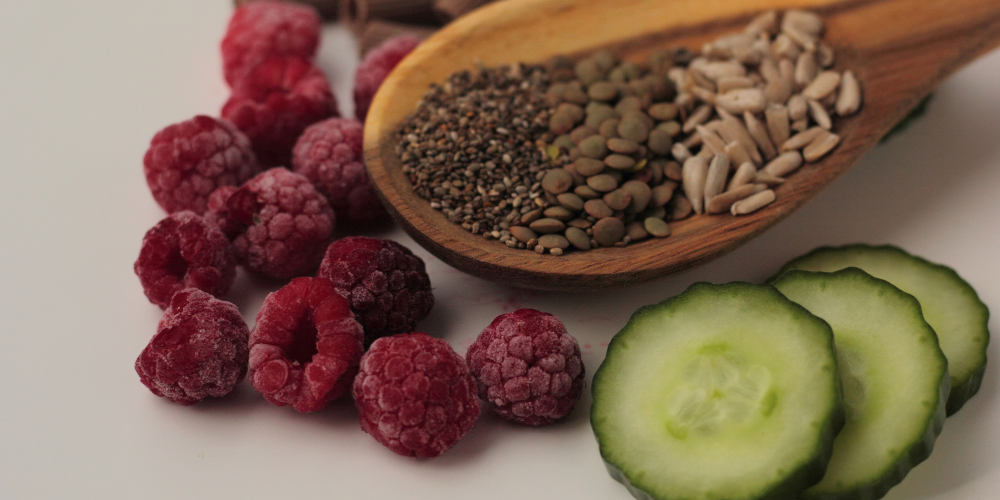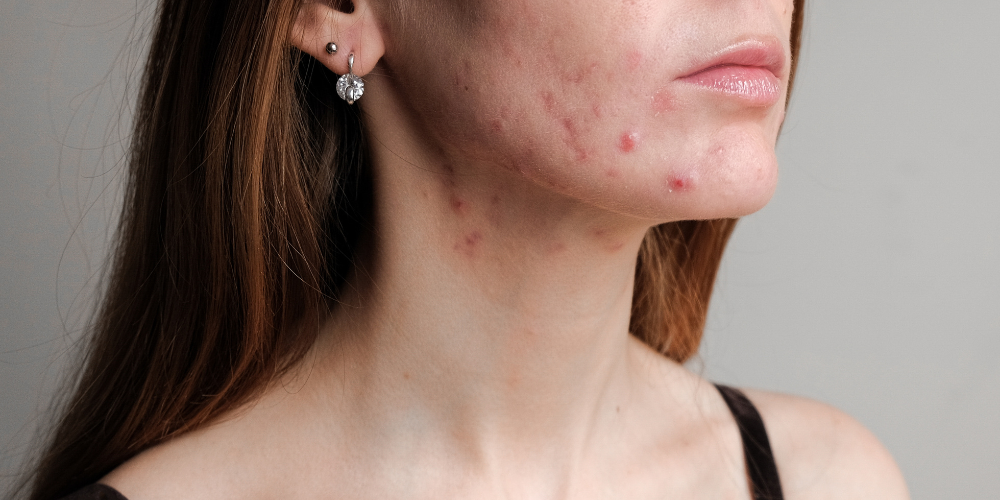
Even though it’s not widely discussed, polycystic ovary syndrome (PCOS) is a prevalent hormone disorder that impacts women of childbearing age. It’s a leading cause of infertility among women and is estimated to affect around 7 percent of females around the globe. Hormones are sensitive and often fragile, which is why it’s so important to be educated on related disorders and how they can be managed.
What is PCOS?
PCOS is closely linked to abnormal periods, whether that means no period, irregular periods, or lengthy periods. For many women, this is the symptom that prompts a visit to the doctor. This hormone disorder can also be characterized by higher than normal androgen levels and cysts found on one or both ovaries or other ovarian abnormalities. However, due to higher androgen levels, many women experience other unwanted symptoms that extend far beyond irregular periods. Androgens are a group of hormones that are known for the maintenance and development of male characteristics, so high levels of these in females can be problematic. Aside from irregular periods, high androgen levels can also cause acne, facial hair, loss of libido, and more.
The hormone disorder can also wreak havoc on one’s weight, making it challenging to maintain a healthy number on the scale. Additionally, carrying extra weight can put you at risk for developing insulin-resistant PCOS, so staying active and eating healthy is crucial. If your body is unable to break down insulin, you’ll have consistently high blood sugars, which can lead to prediabetes and type II diabetes.
When someone is diagnosed with PCOS, losing around 5 percent of their body weight is typically the first step to minimizing the symptoms they are experiencing.

What are the symptoms of PCOS?
If you’ve got PCOS, there’s a good chance you’re experiencing some pretty unpleasant symptoms. However, some people only experience one or two, while others experience all of them.
The most common symptoms of PCOS include:
● Irregular periods or amenorrhea (complete loss of periods)
● Difficulties getting pregnant as ovulation is irregular or absent
● Hirsutism (the excess growth of darker, coarse hair on the face, chest, or back)
● Weight gain
● Hair loss or thinning of the hair around the temples or on top of the head
● Acne or excessively oily skin
If these symptoms are left untreated, PCOS can, unfortunately, lead to other health issues like Diabetes (type II), depression and other mood disorders, high cholesterol, high blood pressure, and sleep apnea in females who are overweight. Because of this, it’s crucial to identify what triggers your PCOS flare-ups and address them to avoid future damage to your health.

How do you get PCOS?
Women can develop PCOS by following an unhealthy lifestyle and exposure to harmful hormone disruptors, which can also run in their families. Genetics plays a large part when it comes to PCOS.
Some studies have suggested that chemicals that disrupt your endocrine system, found in the environment or health and beauty products, can impact the reproductive system in females. For example, Bisphenol A (or BPAs) have obesogenic properties, making one prone to weight gain and increasing their chances of developing PCOS.
Other chemicals that are considered endocrine-disrupting include Dioxins, Perchlorate, Perfluoroalkyl (PFAs), Phytoestrogens, Phthalates, Triclosan, Polybrominated diphenyl ethers (PBDE), and Polychlorinated biphenyls (PCB). Many of these can be found in household cleaners, pesticides used on foods, beverages, and even the cosmetics you apply.

How to naturally minimize the symptoms and effects of PCOS
The good news is that PCOS can be managed naturally, often without birth control or medication. Many women diagnosed with PCOS find that their symptoms become less noticeable when they maintain a healthy weight through regular exercise and a diet filled with healthy foods.
Because ladies with PCOS can have high levels of insulin, it helps to avoid simple carbohydrates and processed sugars. For example, limit your intake of white bread and pasta, chips, cereals, baked goods, soda, granola bars, and juice. Instead, those with PCOS should follow a well-rounded diet of whole grains, proteins, and veggies.
Regular exercise, and nothing too strenuous, can also help ease PCOS-related symptoms. For example, a long walk a day can work wonders. Overly strenuous workouts may increase your cortisol levels, which are closely linked to stress, and this can worsen your hormone imbalance.
Additionally, some women lean on supplements to manage their bothersome symptoms. Research suggests that n-acetyl cysteine (NAC), zinc, omega-3 Fatty acids, inositol, magnesium, and selenium can aid in the improvement of insulin resistance.
If you’re concerned about the potential of hormone disruptors hiding in your beauty products and cosmetics, the Think Dirty App can provide peace of mind. Our app has a new Ingredient Preference feature that can highlight these disruptors, keeping you healthy and happy.
Disclosure: We are a professional review and product rating website and mobile app that receives compensation from the companies whose products we review and rate. We are independently owned and the opinions expressed here are our own interpretations of a trusted source.
Fertility and Beyond: Understanding PCOS, the Hormone Disorder Affecting Women’s Health was originally published in Think Dirty on Medium, where people are continuing the conversation by highlighting and responding to this story.